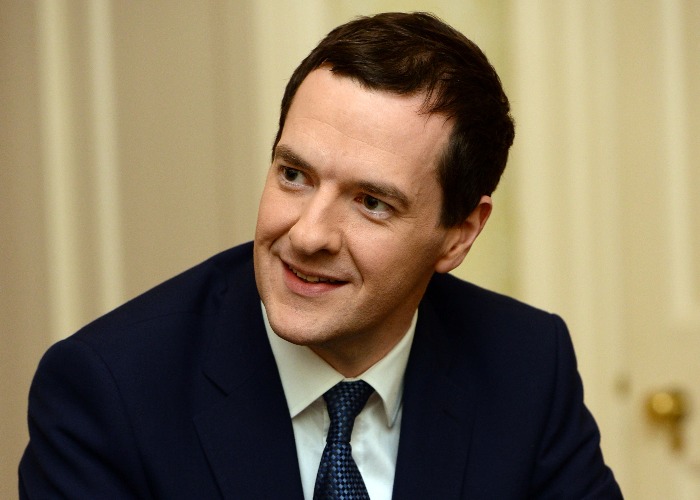The politicians in charge of your money

With the cabinet now in place, we take a look at the politicians whose decisions will directly affect your bank balance.
The Conservative Party has won its first majority government in 18 years, and this week Prime Minister David Cameron has been finalising his new cabinet.
So, who is going to be shaping economic policy, controlling business affairs and deciding whether to raise taxes? Here’s a who’s who of the ministers controlling your finances.
Chancellor of the Exchequer – George Osborne
He may also have been appointed First Secretary of State, but the economy will continue to be Osborne’s main focus. Osborne has been the MP for Tatton for 14 years and prior to that worked for the Conservative Party in various guises, including as special advisor to the Minister of Agriculture, Fisheries and Food Douglas Hogg in the 1990s, and as a speechwriter for William Hague.
After five years as Chancellor Osborne is expected to continue with his mission to cut the country’s deficit and keep taxes low.
Work & Pensions Secretary – Iain Duncan Smith
The MP for Chingford and Woodford Green was first elected to Parliament in 1992. He retains his position as Work & Pensions Secretary and will be tasked with overseeing more significant cuts to the welfare budget.
Earn 5% interest from your bank account
Business, Innovation & Skills Secretary – Sajid Javid
The ex-Culture Secretary replaces Lib Dem Vince Cable, who lost his seat in the election. The son of a bus driver, Javid worked for Deutsche Bank after leaving university and has been the MP for Bromsgrove since 2010.
He is expected to bring in legislation to restrict industrial action in essential services. As well as that he’ll be working to deliver the Conservative Party’s promise to create three million more apprenticeships.
Chief Secretary to the Treasury – Greg Hands
Greg Hands has taken over from former Lib Dem MP Danny Alexander. The MP for Chelsea and Fulham was deputy chief whip in the last government. He was shadow treasury minister from 2009 to 2010 and worked in financial services before becoming an MP.
Hands will be responsible for negotiating with government departments on budget allocations and public sector pay.
Minister for Small Business – Anna Soubry
She may once have been a TV presenter on This Morning, but Anna Soubry is now the MP for Broxtowe, a position she has held since 2010. She has been made Minister for Small Business, a new role created by David Cameron.
Her job will be to promote small business growth by reducing regulations. Cameron has promised to deliver two million new jobs during this government, and Soubry will be tasked with helping to make that happen.
Earn 5% interest from your bank account
Employment Minister – Priti Patel
The MP for Witham replaces Esther McVey, who lost her Wirral West seat in the election.
Patel has been an MP since 2010 and was previously exchequer secretary to the treasury. She has a history of supporting campaigns for small businesses, transport infrastructure investment and affordable homes.
In her new role she will be responsible for jobseekers’ allowance and youth unemployment. It is likely she will oversee further cuts to welfare benefits as well as working to create the two million new jobs Cameron has promised.
Pensions Minister – Dr Ros Altmann
The seasoned pension campaigner has been given the role of Pensions Minister that had been held by Steve Webb. Webb, who was a Liberal Democrat MP, lost his Thornbury and Yate seat in the election.
In her role as Pensions Minister she will oversee the early months of the new pension reforms that were introduced last month, as well as continuing to roll out auto-enrolment pension saving, and a big overhaul of the state pension system that starts next year.
Altmann isn’t an MP but will be given a peerage so that she can take her seat in the cabinet as a member of the House of Lords.
Earn 5% interest from your bank account
More from loveMONEY:
Waitrose tightens up on 'abused' free hot drinks again
Bad driving habits that are costing you money
Comments
Be the first to comment
Do you want to comment on this article? You need to be signed in for this feature